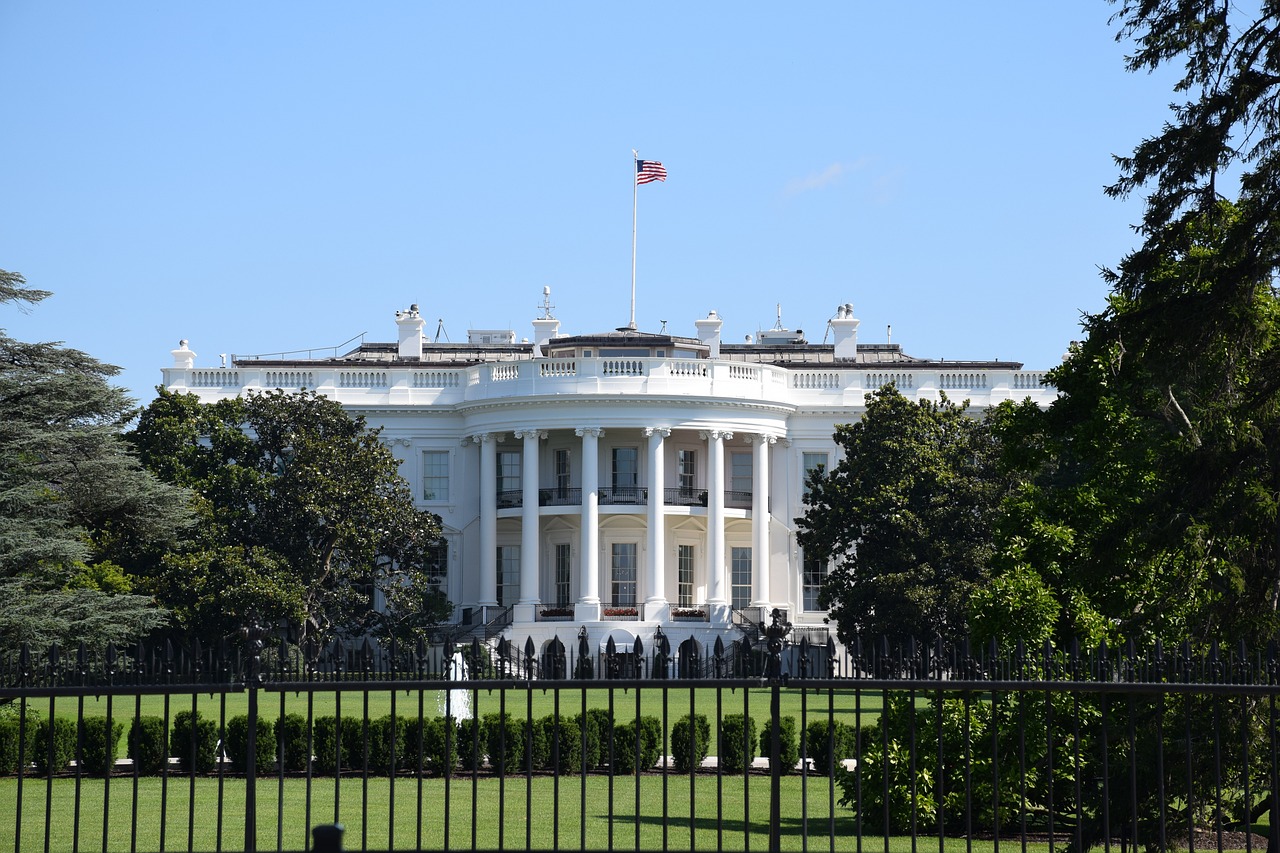The United States has announced it will terminate temporary legal protection for citizens of Myanmar, a decision affecting roughly 4,000 nationals currently residing in the country. The move, set to take effect on January 26, 2026, was justified by Washington as recognition of “progress” linked to Myanmar’s upcoming elections.
Background
Myanmar has been mired in conflict since February 2021, when the military ousted the democratically elected government of Aung San Suu Kyi. The coup triggered a protracted civil war, with the army battling disparate rebel groups across the country. International observers have repeatedly warned of escalating humanitarian crises, including mass displacement and widespread human rights abuses.
US Decision
The protective status, granted under Temporary Protected Status (TPS) provisions, allowed Myanmar nationals to remain in the United States legally while their home country remained unstable. The Biden administration had initially extended the designation, but the current government has opted to end it, citing the planned elections as a sign of political progress.
Reactions and Implications
Human rights advocates argue that the decision is premature, noting that Myanmar’s elections are widely expected to be tightly controlled by the military and unlikely to reflect genuine democratic reform. Critics warn that ending TPS could force vulnerable individuals to return to unsafe conditions.
For Myanmar nationals in the US, the ruling means they must seek alternative legal pathways to remain or prepare for possible deportation. Immigration lawyers anticipate a surge in asylum applications as affected individuals attempt to secure protection through other channels.
Outlook
While Washington frames the decision as a recognition of Myanmar’s political trajectory, analysts caution that the country remains deeply unstable. The end of TPS underscores the tension between US immigration policy and humanitarian concerns, raising questions about how the international community should respond to Myanmar’s fragile political landscape.



